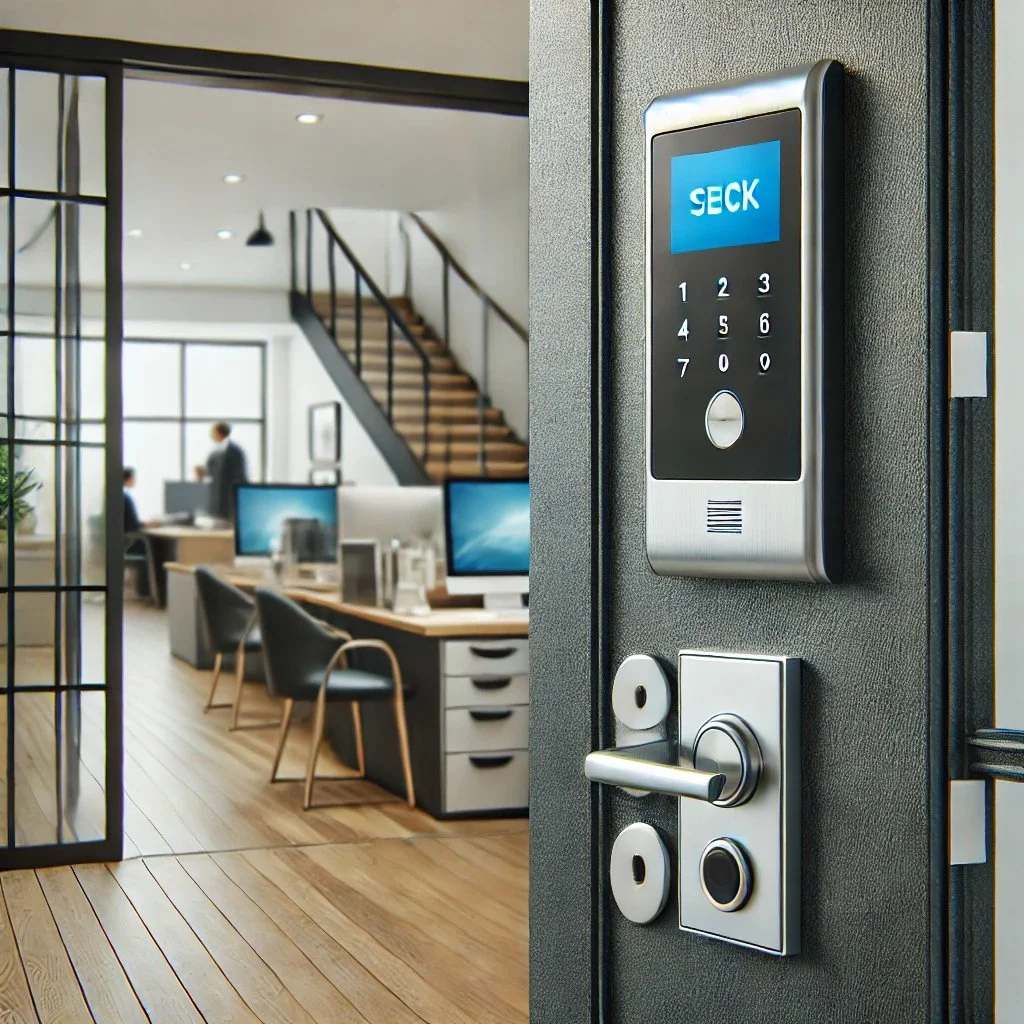The Importance of Employee Termination Checklists for Small Businesses
Protect your business with a solid employee termination checklist. Ensure legal compliance, data security, and smooth transitions.
As a small business owner or manager, you've got a lot on your plate. Handling day-to-day operations, keeping customers happy, and making sure your team is running smoothly is no small feat. But when it comes to terminating an employee, things can get even trickier. Without a proper process, you could face legal troubles, data security risks, and even damage to your business reputation. That's why having an employee termination checklist is crucial.
Why You Need an Employee Termination Checklist
Legal Compliance: Terminating an employee isn't just about saying goodbye. There are legal considerations to ensure the process is fair and compliant with labor laws. A checklist helps you cover all bases, from final paychecks to COBRA notifications.
Data Security: In today's digital world, employees have access to sensitive information. Ensuring that all company devices, accounts, and passwords are returned and deactivated is vital to protect your business from potential data breaches.
Company Property: From laptops to keycards, company property must be returned. A checklist helps you account for all items, ensuring nothing slips through the cracks.
Communication: How you communicate an employee's departure can impact team morale and company culture. Having a standardized process helps you manage the narrative and maintain a positive environment.
Closure for the Employee: Providing clear instructions and support during the termination process shows professionalism and respect. It helps the departing employee transition smoothly, preserving a positive relationship.
Crafting Your Checklist
Creating an employee termination checklist tailored to your business needs doesn't have to be complicated. Start with these basics:
Collect company property (laptops, phones, keys, access cards).
Revoke access to company systems and change passwords.
Process final paychecks and provide information on benefits.
Conduct an exit interview to gain valuable feedback.
Communicate the departure to the team professionally.
Remember, every business is unique, so customize your checklist to fit your specific requirements.
By having a clear and thorough process in place, you protect your business and ensure a smooth transition for everyone involved.
R
The Essential Need for Access Control Systems in Small Businesses
Boost your small business's security with access control systems. Discover how door keypads and proximity cards can protect your assets and enhance efficiency.
In today's fast-paced world, small businesses need to prioritize security to protect their assets, employees, and customers. One of the most effective ways to enhance security is by implementing access control systems like door keypads and proximity cards. These systems provide a robust layer of security, ensuring that only authorized personnel can enter specific areas of your business premises.
Access control systems offer numerous benefits that can significantly impact the safety and efficiency of a small business. According to a report by MarketsandMarkets, the access control market is projected to grow from $8.6 billion in 2021 to $12.8 billion by 2026, reflecting the increasing adoption of these systems across various sectors.
Why Should Small Businesses Invest in Access Control Systems?
Enhanced Security: Traditional keys can be easily lost or duplicated, posing a significant security risk. Access control systems eliminate these issues by using unique codes or proximity cards that are difficult to replicate.
Improved Access Management: With access control systems, business owners can easily manage who has access to different areas of the premises. This is particularly useful for restricting access to sensitive areas such as server rooms, financial records, or inventory storage.
Audit Trail: These systems provide a detailed log of who accessed which area and when, offering valuable data for monitoring and investigation in case of security breaches. Important for compliance and insurance audits.
Convenience and Efficiency: Employees no longer need to carry multiple keys or worry about losing them. Access control systems streamline entry processes, making it easier for employees to move around the workplace.
Scalability: As your business grows, access control systems can be easily scaled to accommodate new employees and expanded facilities without the need for rekeying locks or changing security protocols.
Investing in access control systems is a proactive step towards safeguarding your business. It not only protects your physical assets but also provides peace of mind, knowing that you have a reliable security solution in place.
R
Rotary Club Presentation
Presentation material for a brief discussion on AI and its impacts on small business in the next five years.
Today, I’m pleased to briefly discuss AI and its impacts on small businesses in the next five years. The presentation materials may be found here. Thank you to the Vancouver Rotary Club for hosting me.



